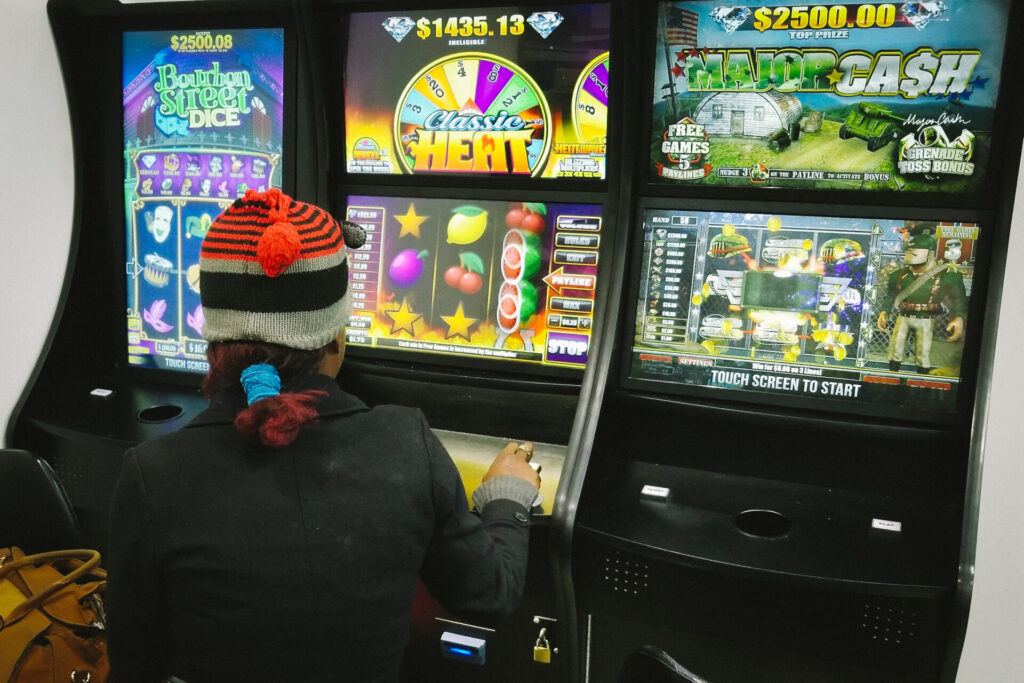The psychology of betting, particularly within the context of online lotteries, reveals intriguing insights into human behavior and decision-making processes. As online lotteries have surged in popularity, understanding the mindset of players becomes essential for both operators and researchers. At the core, the allure of online lotteries is largely driven by a mix of excitement, optimism, and cognitive biases. Players are often motivated by the potential for a life-changing windfall, a fantasy that is perpetuated by the low cost of entry and the high rewards advertised. This disparity between investment and potential gain triggers what psychologists refer to as the Gambler’s Fallacy—a belief that future probabilities are influenced by past events, despite the fact that each draw is independent. A significant psychological factor influencing lottery participation is the concept of illusory control. This phenomenon occurs when individuals believe they have more control over an outcome than they actually do. In the context of online lotteries, this might manifest as players choosing their own numbers or using strategic patterns, despite the randomness of the draw. This perceived control can provide a sense of agency, making the experience more engaging and less deterministic.
Coupled with this is the idea of near-miss experiences situations where players come close to winning but fall short. Such experiences can be particularly motivating because they give players a sense of being on the verge of success, reinforcing their belief that a win is imminent and encouraging continued participation. Another crucial element in the psychology of online lottery players is the role of social proof and peer influence. Many people are drawn to lotteries because they see others around them participating or winning, which can create a bandwagon effect. Social media and advertising campaigns play significant roles in amplifying this effect, presenting lottovip winning stories and testimonials that can skew perceptions of odds and potential outcomes. This social validation can create a sense of communal excitement and FOMO Fear Of Missing Out, prompting individuals to partake in lotteries to be part of the shared experience or to chase the vicarious thrill of others’ wins.
Moreover, online lottery platforms often use various psychological tactics to increase engagement. Techniques such as gamification, where elements of gaming are incorporated into the lottery experience, are designed to make participation more enjoyable and addictive. This might include rewards for frequent play, progress tracking, or visual and auditory feedback that reinforces the thrill of playing. These strategies exploit the brain’s reward systems, making the act of betting more engaging and potentially leading to habitual or excessive play. Ultimately, understanding the mindset of online lottery players requires recognizing the complex interplay of excitement, cognitive biases, perceived control, social influence, and psychological reinforcement. By delving into these factors, operators can better design their platforms to manage player behavior and promote responsible gaming practices, while players can become more aware of the psychological dynamics at play and make more informed decisions regarding their participation in lotteries.






